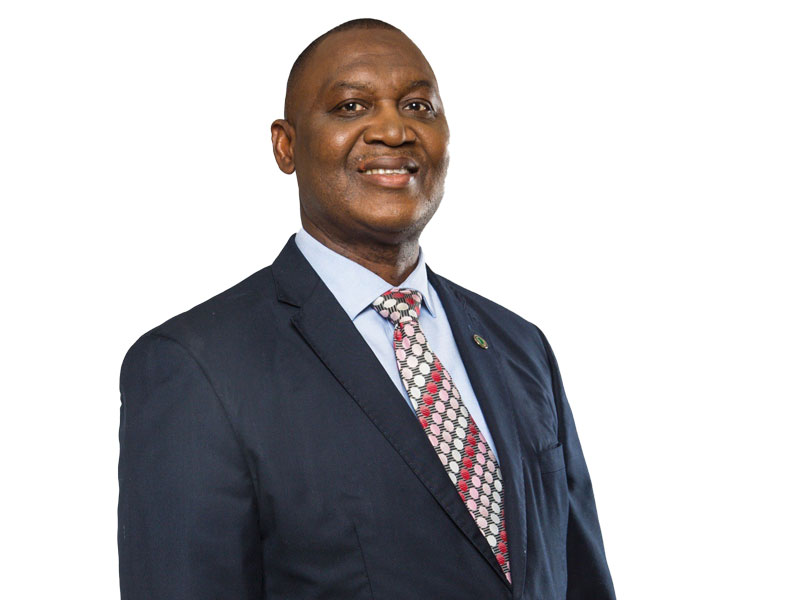
Exclusive Interviews | Dec 11,2021
May 23 , 2021
By David Malpass
The COVID-19 pandemic will not truly end until everyone has access to vaccines, including people in the poorest countries. Worldwide vaccination offers the best hope for stopping the spread of infections, saving lives, and protecting livelihoods. People cannot reach their potential until they can again study, work, travel, and socialise in the confident knowledge that they are safe from COVID-19.
Distributing vaccines more widely is thus an urgent necessity. The pandemic has worsened inequality by hitting the poorest and most vulnerable the hardest. In developing countries, women, children, the poor, and informal-sector workers have paid an extremely high price as COVID-19 took away livelihoods, closed classrooms, and prevented urgent social spending.
Delays in starting vaccination rollouts in developing countries are deepening global inequality and leaving hundreds of millions of elderly and vulnerable people at risk. I continue to urge countries with sufficient vaccine supplies to release their additional doses as soon as possible to developing countries that have delivery programs in place.
Some countries have gone well beyond vaccinating their most at-risk citizens. But many others have yet to receive any doses, much less administer them widely to the vulnerable. Many of the poorest countries have limited vaccination capacity and will require several months to immunise a large share of the most at-risk groups.
This illogical approach – using limited vaccine supplies in a handful of countries while low- and middle-income economies wait indefinitely for doses – does not make sense for anyone. More lives will be lost, global economic growth will be more unequal, and even countries with high vaccination rates will be more at risk from Novel Coronavirus variants than they would be if developing countries had greater access to vaccines. The longer it takes to achieve broad vaccination of the vulnerable, the higher the risk of extreme poverty in 2021 and 2022, which in turn will invite future health and social crises.
Conducting a large-scale vaccination campaign is a major undertaking for any country, but the logistics are particularly challenging for countries with limited resources and fragile health systems. The ongoing COVID-19 disaster in India and the surge of infections and deaths in Latin America are grim reminders that the pandemic is as bad as ever for many of the world’s poor.
A successful global vaccination effort must stand on three pillars. First, countries with an adequate vaccine supply should immediately release doses to the vulnerable worldwide. This may mean exercising options and guiding vaccines to other countries or making clear to manufacturers that they can quickly send supplies without exposing themselves to legal risk. Or it could involve actually fulfilling funding commitments to the COVID-19 Vaccine Global Access (COVAX) facility set up by the international community to allocate doses equitably to poorer countries.
The World Bank already has board-approved financing available in 22 developing countries, with several dozen more expected by mid-year under the fast-track process we used for emergency COVID-19 assistance in 2020. These 12 billion dollars can facilitate rapid vaccine deployment through national health systems and pay for vaccine purchases and shipments if needed. Standardised, transparent contracts that arrange for fair and equitable distribution are crucial. If vaccine supplies pass through COVAX, which envisions immunising the most vulnerable 20pc of countries’ populations, World Bank financing can be used to help with distribution and to purchase additional supplies to vaccinate more people.
Second, we need greater transparency regarding contracts between governments, pharmaceutical companies, and organisations involved in vaccine production and delivery so that financing can be directed effectively, and countries can plan for receipt and deployment. This is also critical to enable the private-sector investments that will be needed to expand supply.
In that spirit, this week the World Bank is launching a comprehensive online portal that provides easy access to information about our projects, including individual country-financing operations. The portal will also incorporate what has been learned from vaccine-readiness assessments we helped undertake with over 140 countries over the last half-year, working closely with Gavi, the Vaccine Alliance, the Global Fund, the World Health Organization, and UNICEF. Thus, the Bank’s online portal is also an invitation to vaccine manufacturers, purchasers, and intermediaries to follow suit, and another plea to those controlling the supply of approved vaccines to release them to safe, well-funded deployment programs.
The third pillar is increased vaccine production. The International Finance Corporation, the World Bank Group’s private-sector arm, has invested over 800 million dollars in health care, including in vaccine manufacturers. And it currently has another 1.2 billion dollars in the pipeline through the Global Health Platform, a four-billion-dollar financing mechanism created to help meet the immediate need for vaccines, medical equipment, and health services. The IFC is actively engaging with governments and companies on the early-stage development of commercially viable pharmaceutical manufacturing projects, including for COVID-19 vaccines.
The pandemic has overwhelmed health systems worldwide, even in the most developed countries. We must now strengthen them, not just to cope with the vaccination effort, but also to prevent and treat COVID-19 and ensure the full range of essential health services.
The global COVID-19 vaccination campaign will be the largest in history – unprecedented in scale, speed, and complexity. Our goal must be to carry it out as quickly, broadly, and safely as possible; learn from what worked and what did not, and boost preparedness and resilience for future crises.
PUBLISHED ON
May 23,2021 [ VOL
22 , NO
1099]


Exclusive Interviews | Dec 11,2021
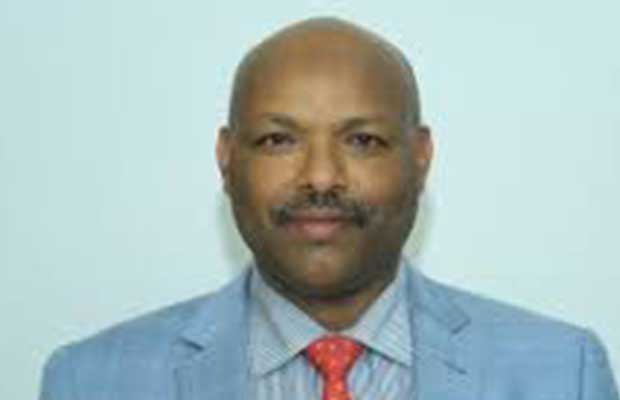
Exclusive Interviews | Jan 05,2020

Editorial | May 24,2025
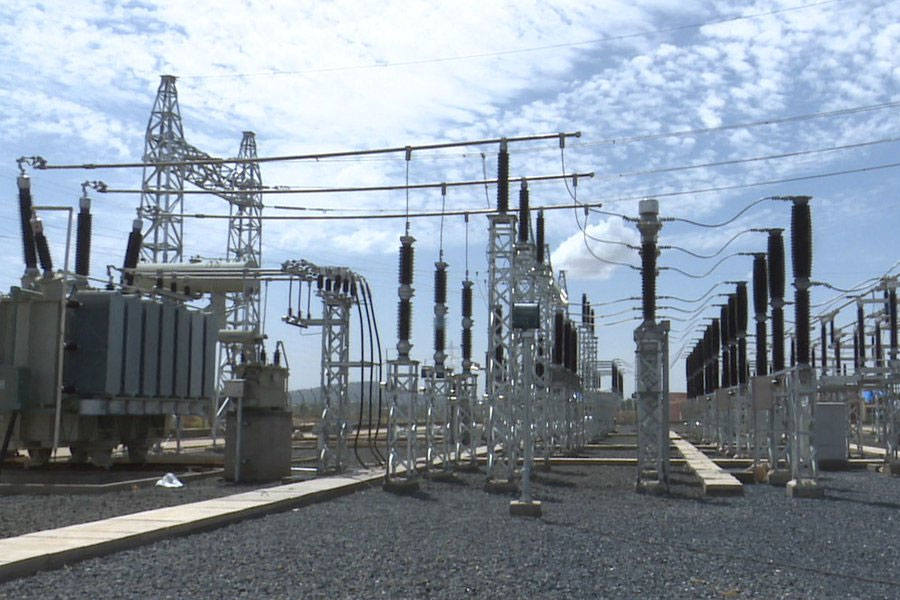
Fortune News | Sep 10,2021
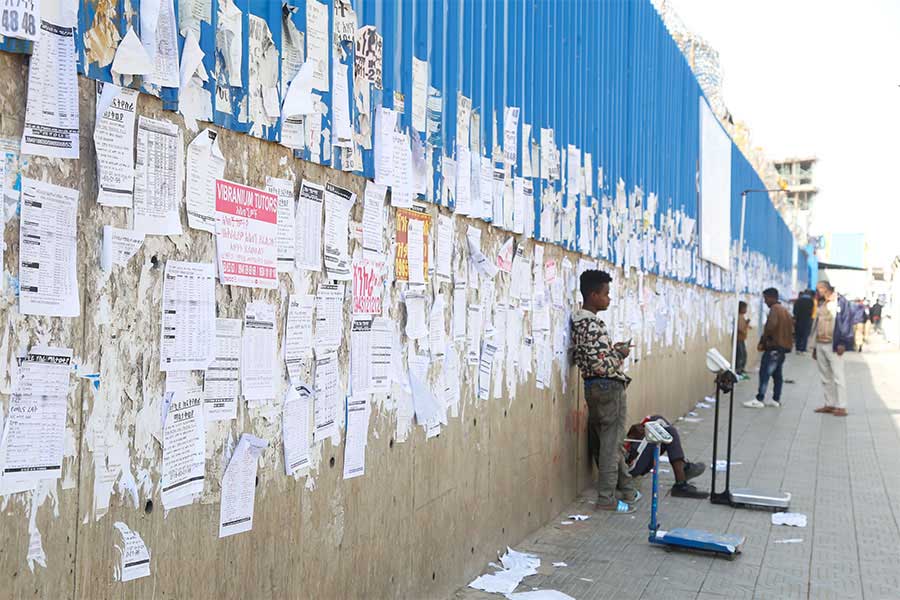
Radar | Jul 03,2021

Editorial | May 15,2021
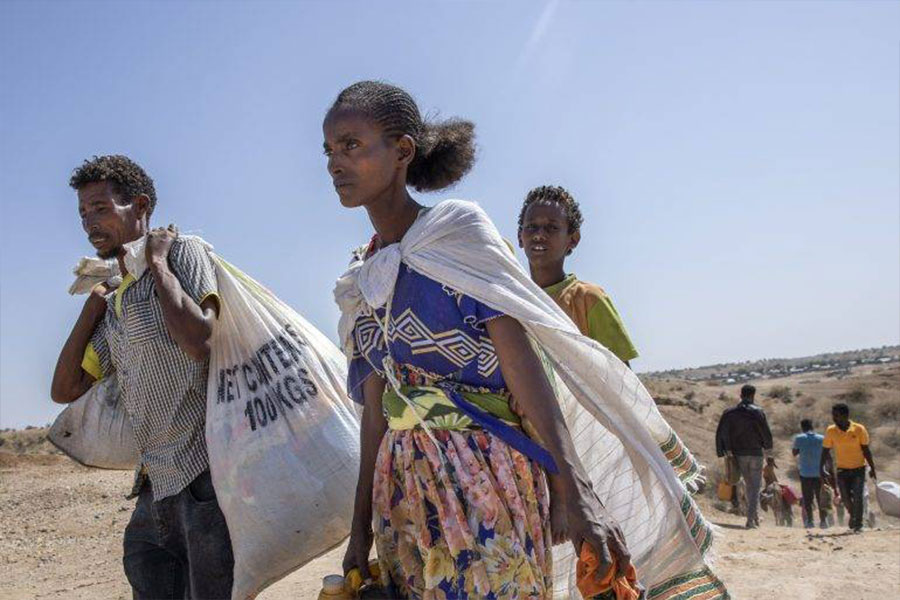
Fortune News | Oct 23,2021
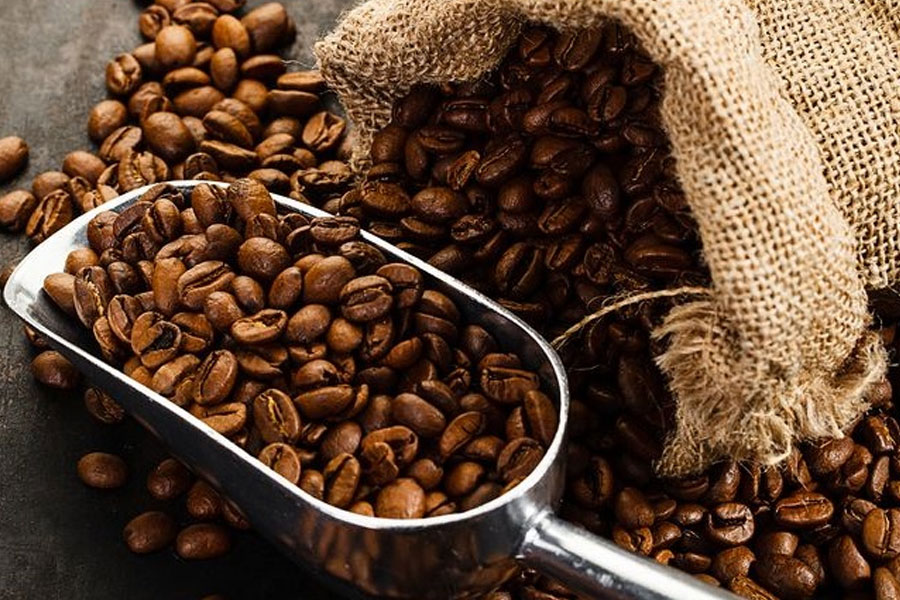
Delicate Number | Apr 17,2021
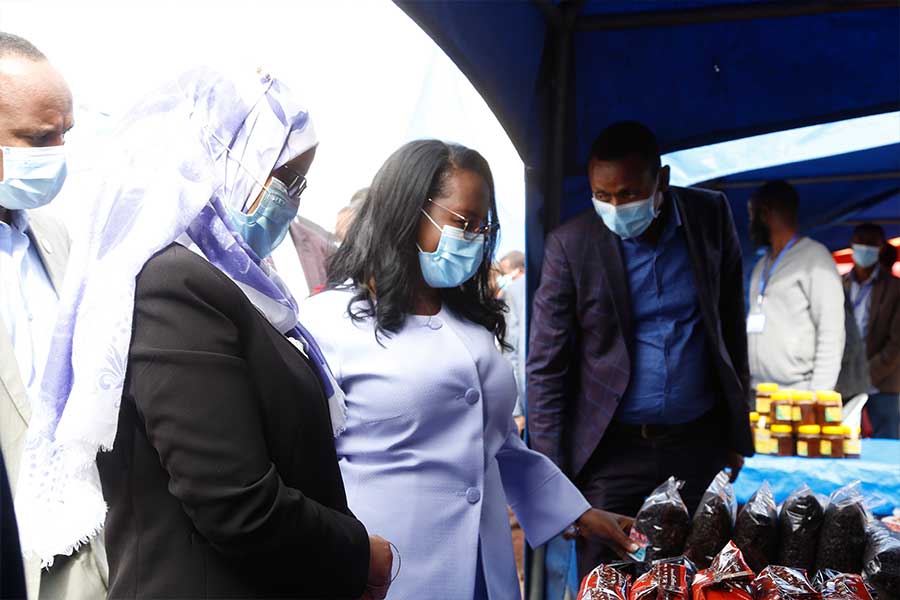
Radar | Apr 30,2021

Fortune News | Sept 18,2021

My Opinion | 131970 Views | Aug 14,2021

My Opinion | 128359 Views | Aug 21,2021

My Opinion | 126297 Views | Sep 10,2021

My Opinion | 123912 Views | Aug 07,2021

Dec 22 , 2024 . By TIZITA SHEWAFERAW
Charged with transforming colossal state-owned enterprises into modern and competitiv...

Aug 18 , 2024 . By AKSAH ITALO
Although predictable Yonas Zerihun's job in the ride-hailing service is not immune to...

Jul 28 , 2024 . By TIZITA SHEWAFERAW
Unhabitual, perhaps too many, Samuel Gebreyohannes, 38, used to occasionally enjoy a couple of beers at breakfast. However, he recently swit...

Jul 13 , 2024 . By AKSAH ITALO
Investors who rely on tractors, trucks, and field vehicles for commuting, transporting commodities, and f...

Jul 5 , 2025
Six years ago, Ethiopia was the darling of international liberal commentators. A year...

Jun 28 , 2025
Meseret Damtie, the assertive auditor general, has never been shy about naming names...

Jun 21 , 2025
A well-worn adage says, “Budget is not destiny, but it is direction.” Examining t...

Jun 14 , 2025
Yet again, the Horn of Africa is bracing for trouble. A region already frayed by wars...

Jul 6 , 2025 . By BEZAWIT HULUAGER
The federal legislature gave Prime Minister Abiy Ahmed (PhD) what he wanted: a 1.9 tr...

Jul 6 , 2025 . By YITBAREK GETACHEW
In a city rising skyward at breakneck speed, a reckoning has arrived. Authorities in...

Jul 6 , 2025 . By NAHOM AYELE
A landmark directive from the Ministry of Finance signals a paradigm shift in the cou...

Jul 6 , 2025 . By NAHOM AYELE
Awash Bank has announced plans to establish a dedicated investment banking subsidiary...